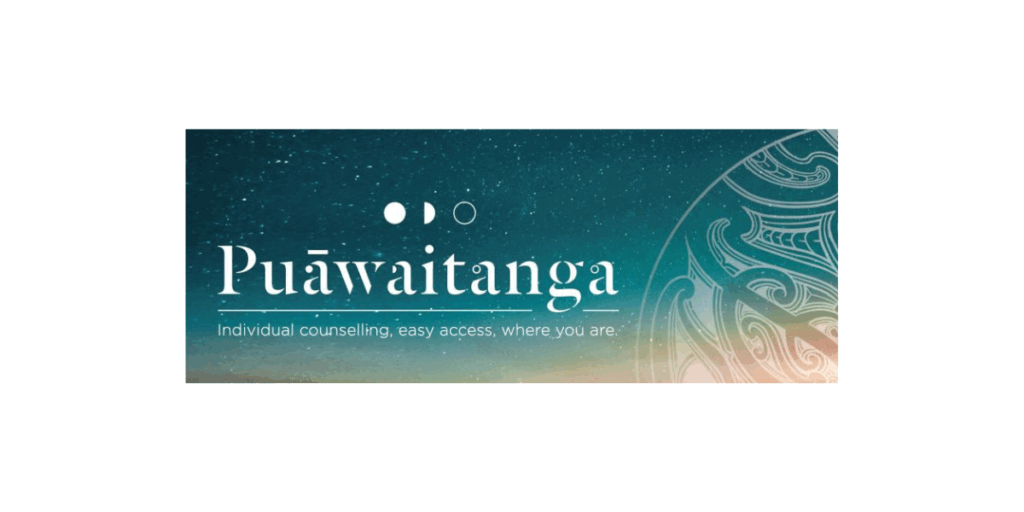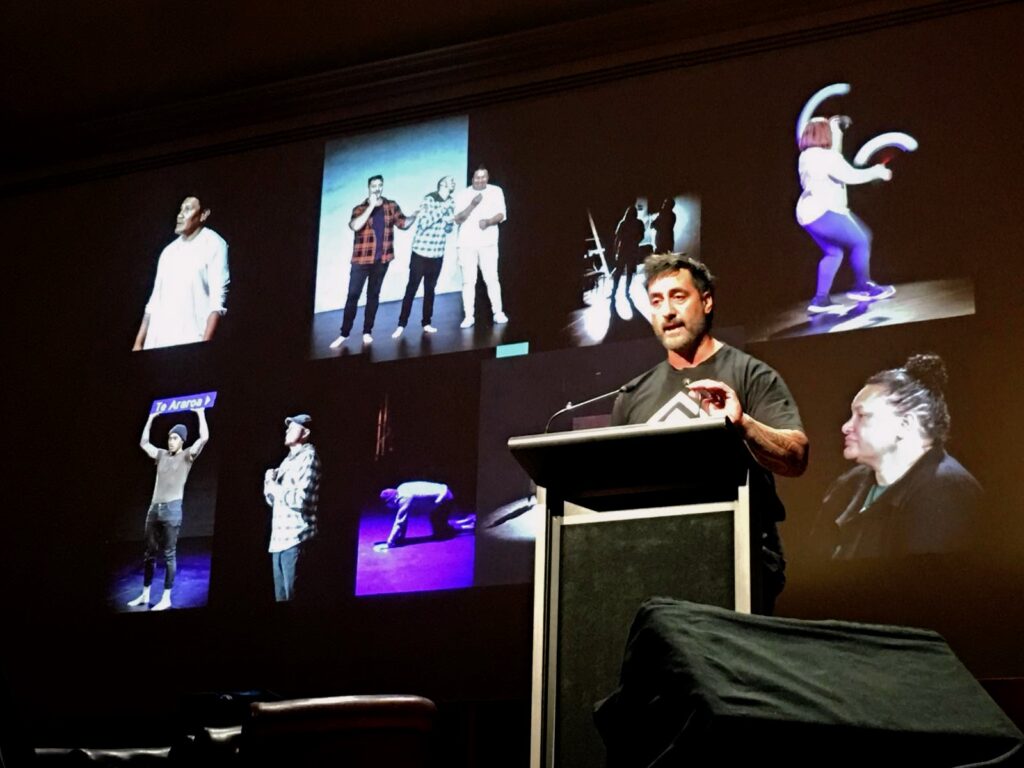Neurodiversity and Mental Health – Introduction to the Equitable Access to Wellbeing Framework
Published:
July 31, 2024

Kaua e rangiruatia te hāpai o te hoe; e kore tō tātou waka e ū ki uta
Do not lift the paddle out of unison or our canoe will never reach the shore
This whakatauākī emphasises the importance of working together to succeed.
As a group, people with learning disabilities and autistic people experience higher rates of mental health challenges.
Unfortunately, Autistic people, and people with learning disability report that it difficult to access to specialist mental health services and if people access services, there are very few specialists in the needs of autistic people and people with learning disabilities.
People are also clear that diagnostic overshadowing is a significant issue with many clinicians unable to distinguish between disability and mental health.
In response to these, and other concerns, Whaikaha – Ministry of Disabled People (initially Manatū Hauora – Ministry of Health) commissioned Te Pou to develop the Equitable Access to Wellbeing framework.
This framework, co-developed with people with lived experience, sets out the values, knowledge and skills needed by the health and disability workforces (at all levels – community, primary, secondary, and tertiary) and to support these people.


